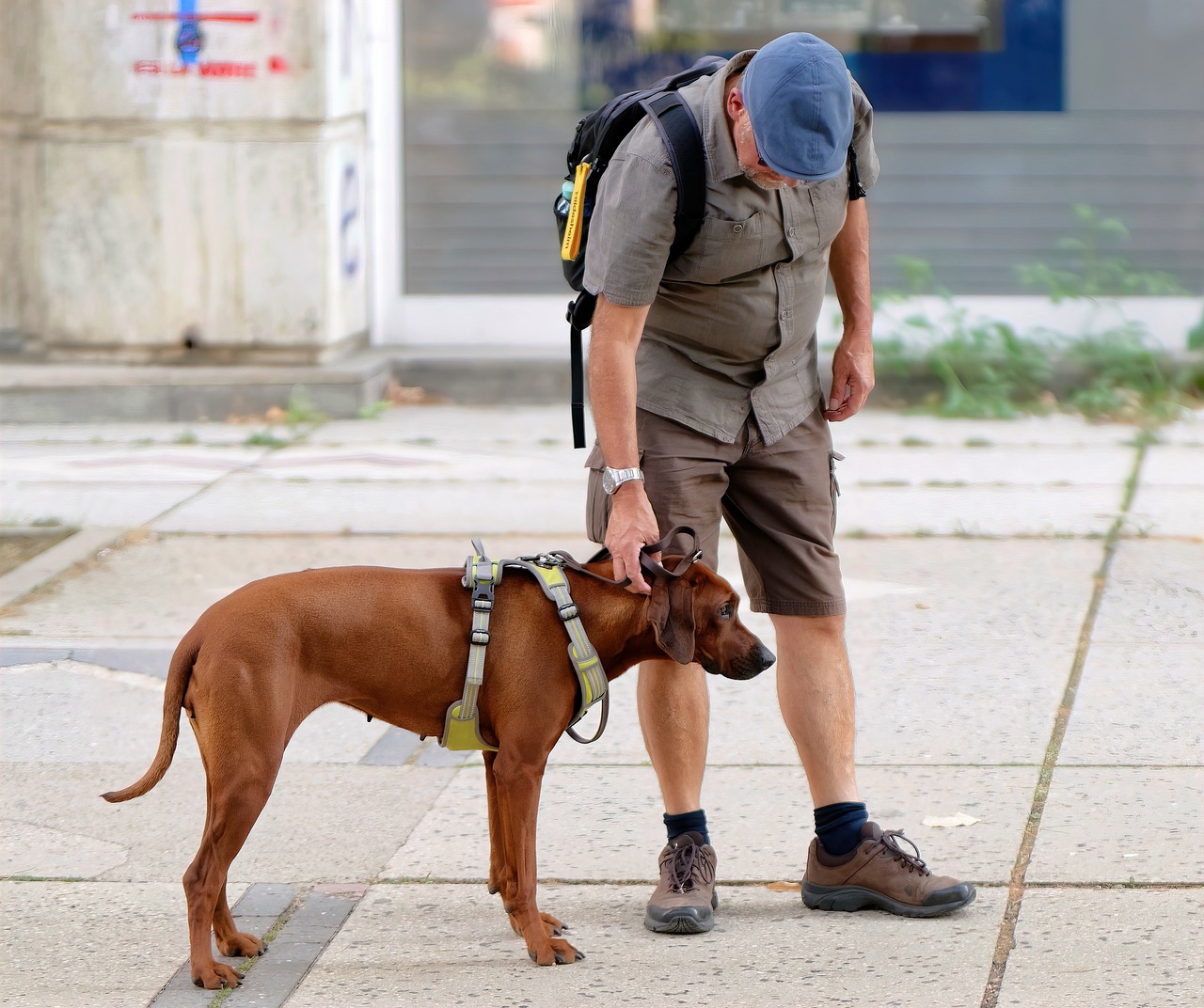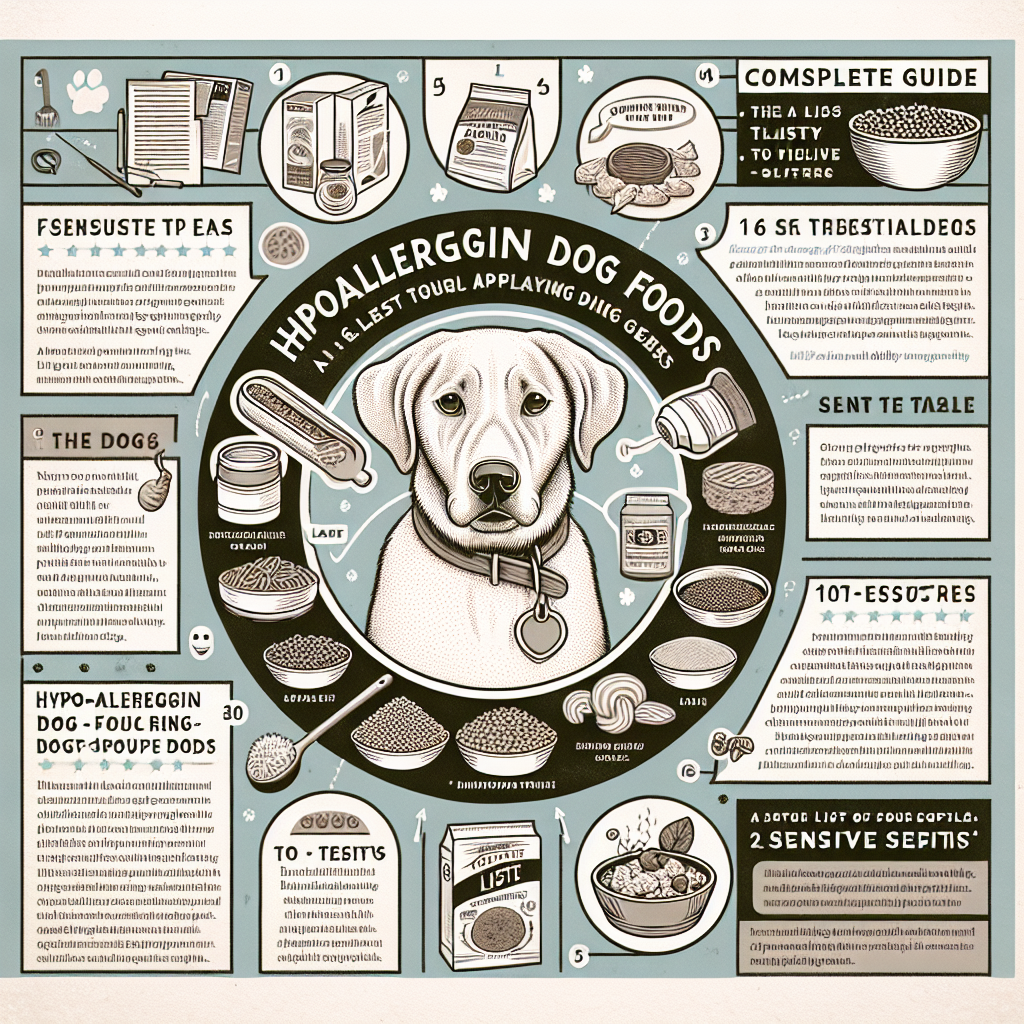
Understanding Dog Behavior
Understanding your dog’s behavior is the key to ensuring a harmonious and happy relationship with your furry friend. Analyzing and decoding their body language, vocalizations, and actions can help you address their needs and foster positive behavior.
The Importance of Early Training
Early training is crucial for developing good habits and preventing behavioral problems. Start training as soon as you bring your puppy home, focusing on basic commands and socialization.
- Socialization: Introduce your puppy to different environments, people, and other animals to build confidence and reduce anxiety.
- Basic Commands: Teach commands like sit, stay, come, and heel. Consistency is key in training.
For more in-depth training tips, visit our Training and Behavior section.
Positive Reinforcement Techniques
Positive reinforcement is one of the most effective training methods. It involves rewarding desired behavior to encourage its recurrence. Use treats, praise, and toys as rewards.
- Timing: Reward immediately after the desired behavior to reinforce the connection.
- Consistency: Be consistent with commands and rewards to avoid confusion.
- Gradual Progression: Gradually increase the difficulty of tasks and reward progress.
Explore more techniques in our Health Care section.
Addressing Behavioral Issues
Common behavioral issues like barking, chewing, and digging can be addressed with patience and appropriate strategies.
- Barking: Identify the cause of barking—boredom, fear, or territoriality—and address it with training and redirection.
- Chewing: Provide appropriate chew toys and supervise to redirect chewing behavior.
- Digging: Determine if digging is due to boredom, seeking comfort, or attempting to escape, and provide alternatives.
Read more about managing these issues in our Training and Behavior section.
The Role of Nutrition and Exercise
Proper nutrition and regular exercise play a significant role in your dog’s behavior and overall well-being.
- Balanced Diet: Ensure your dog receives a balanced diet suitable for their age, size, and breed.
- Regular Exercise: Daily walks, playtime, and mental stimulation are essential for preventing behavioral problems caused by pent-up energy.
For nutritional guidance, check out our Nutrition and Diet section.
Importance of Grooming and Hygiene
Grooming is not just about maintaining your dog’s appearance; it’s also vital for their health and behavior.
- Regular Brushing: Regular brushing helps reduce shedding, prevent matting, and allows you to check for parasites.
- Bathing: Bathe your dog as needed based on their breed and activity level.
- Oral Care: Brush your dog’s teeth regularly to prevent dental issues that can affect behavior and overall health.
Learn more tips in our Grooming and Hygiene section.
Seeking Professional Help
If you encounter persistent behavior issues that you cannot address alone, seeking professional help is advisable. Dog trainers and behaviorists can provide customized training plans and solutions.
- Certified Trainers: Look for trainers with certifications from reputable organizations.
- Veterinarian Consultation: Rule out any medical issues that could be affecting behavior by consulting your vet.
Real-Life Examples
Here are some real-life examples of how understanding and addressing dog behavior can lead to a happy and well-behaved pet:
- Case of Excessive Barking: A dog owner identified their dog was barking out of boredom. By increasing daily walks and engaging the dog in puzzle toys, the barking significantly reduced.
- Case of Destructive Chewing: By providing a variety of chew toys and using positive reinforcement to reward chewing appropriate items, destructive chewing was curbed.
#ChatGPT assisted in the creation of this article.






